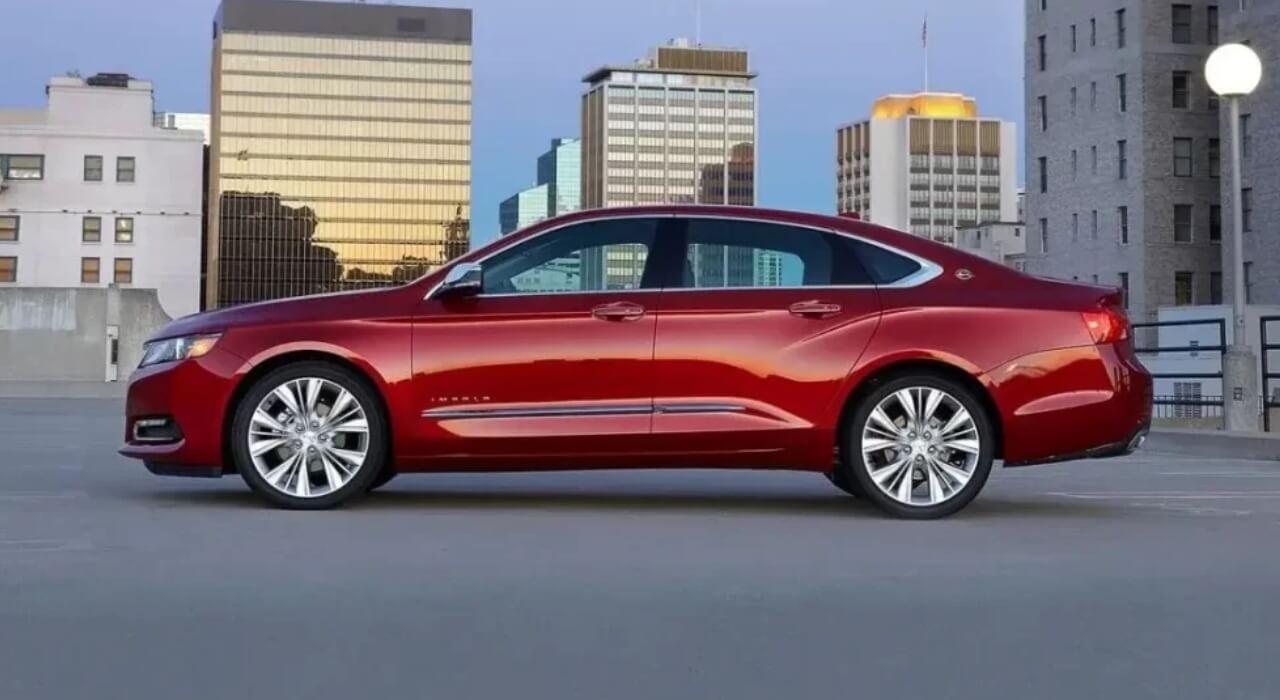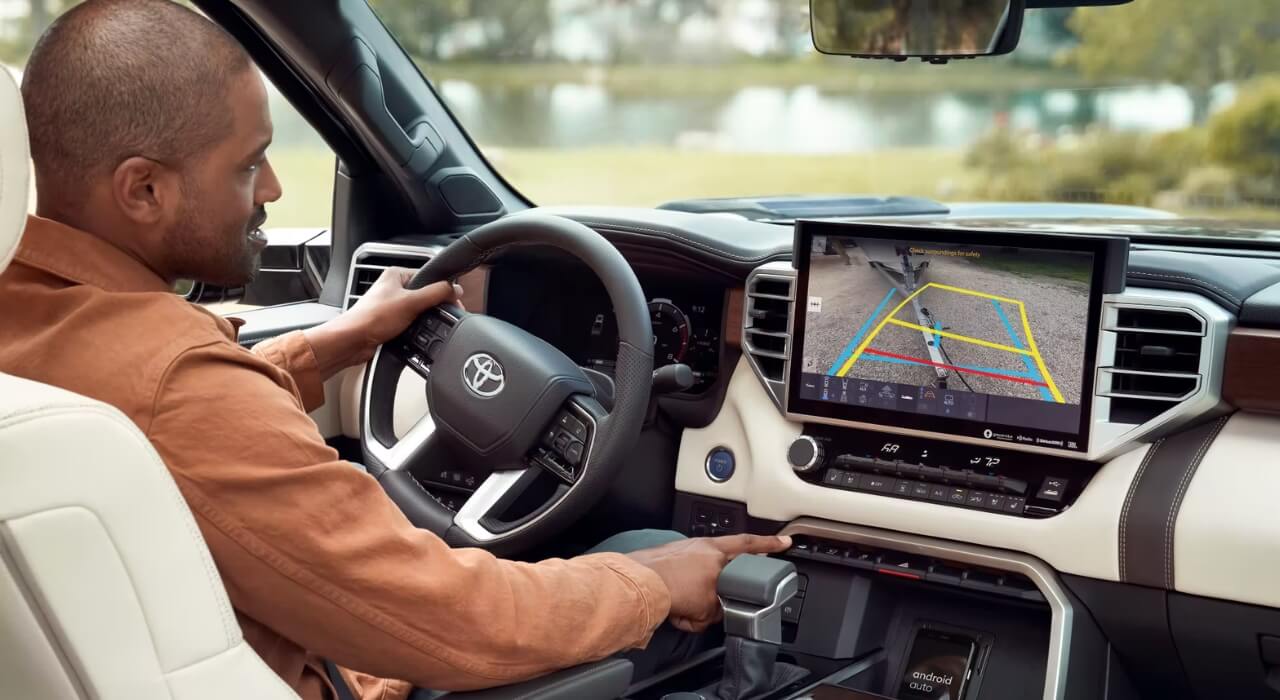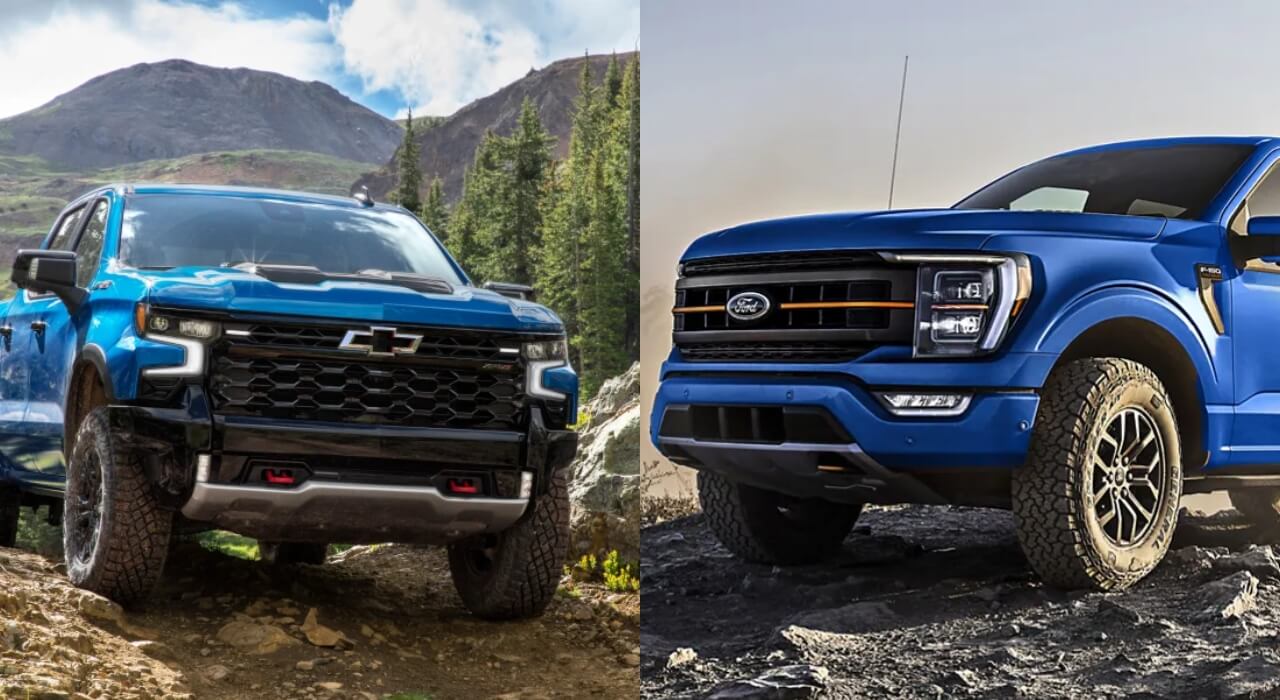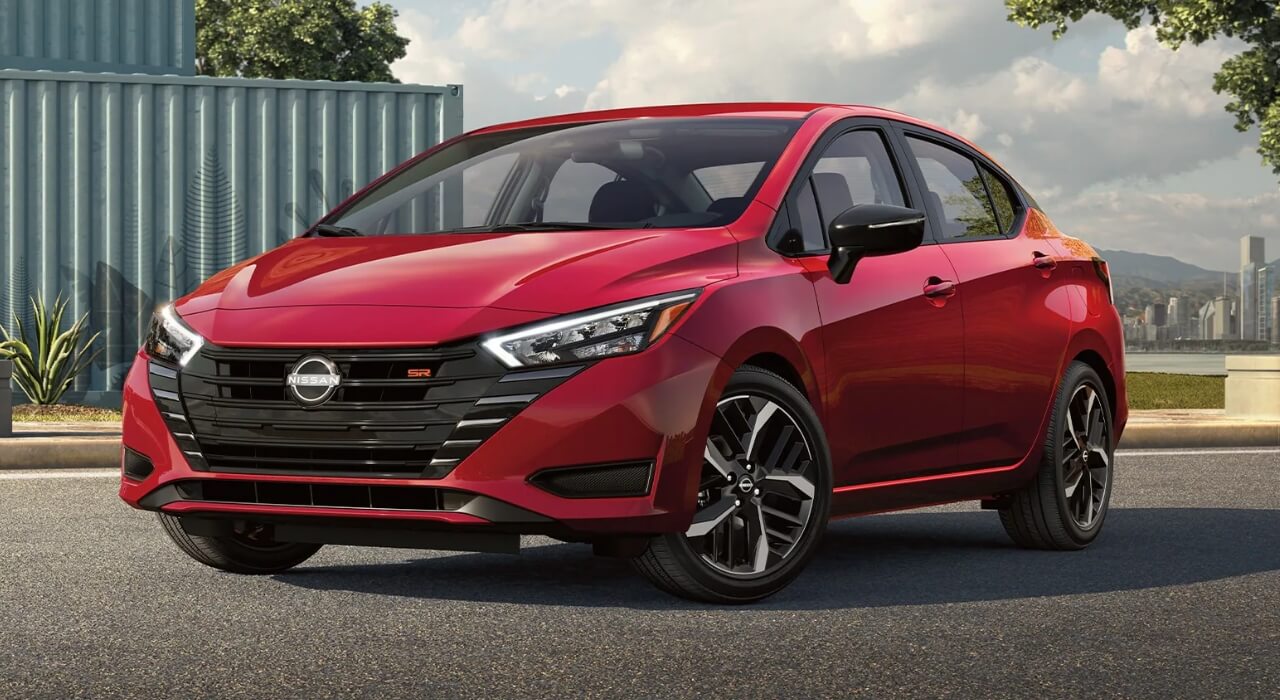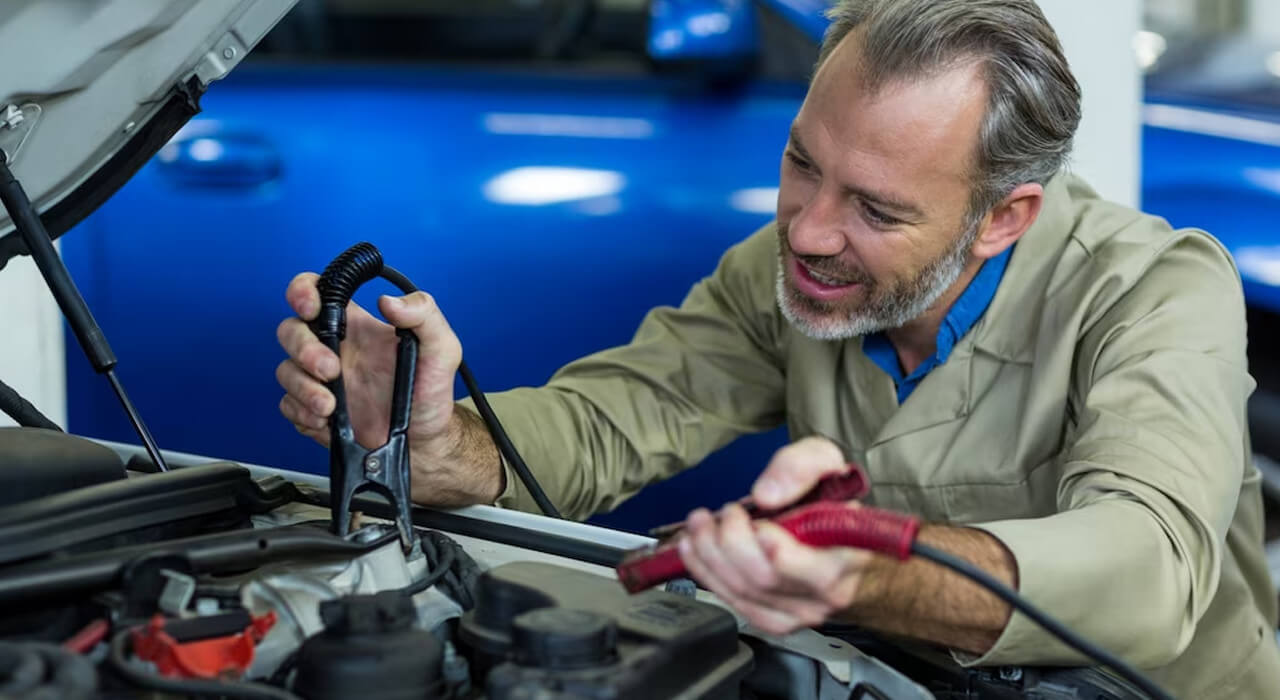For many vehicle owners, navigating the world of car warranties can feel like venturing into uncharted territory. A warranty, in essence, is a promise from the manufacturer or seller to stand behind the product. In the realm of automobiles, this means agreeing to repair or replace certain parts of a vehicle under specific conditions.
This guide aims to demystify car warranties, ensuring you know exactly what coverage you have, what it entails, and how to use it to your advantage.
Types of Car Warranties
Car warranties come in various forms, each offering a different level of coverage:
- Manufacturer’s Warranty: This warranty comes directly from the car maker and covers major defects and repairs for a specified period or mileage. Typically, it’s divided into comprehensive (bumper-to-bumper) and powertrain warranties.
- Extended Warranty: Purchased at an additional cost, this warranty extends the coverage beyond the manufacturer’s original warranty. It’s ideal for those seeking peace of mind for a longer period.
- Third-Party Warranty: Offered by entities other than the original manufacturer, these warranties can vary greatly in terms of coverage and reliability. They often come into play for used vehicles.
Suggestion: What Are The Honda Passport Years To Avoid In 2024?
What Your Warranty Covers (and What It Doesn’t)
Understanding the specifics of what your warranty covers is crucial. While a bumper-to-bumper warranty might cover most parts of your car, it generally excludes wear-and-tear items like brake pads and tires. Powertrain warranties focus on the vehicle’s propulsion system, including the engine, transmission, and drive components.
Be aware of the exclusions. Routine maintenance, damage from accidents, misuse, or modifications are typically not covered under standard warranties.
How to Make a Warranty Claim
Filing a warranty claim should be a straightforward process:
- Review Your Warranty: Understand the specifics of your coverage before making a claim.
- Service at Authorized Dealerships: For manufacturer warranties, you’ll usually need to have the repair done at an authorized dealer.
- Keep Records: Maintain detailed records of all maintenance and repairs, as these are often required to process your claim.
Also Check: 7 Best Lockable Pin For Trailer Hitch At Affordable Prices In 2024
How Car Accidents Impact Your Warranty
The implications of car accidents for your vehicle’s warranty can be complex. Understanding how an accident affects your warranty coverage is crucial for managing repairs and claims post-collision.
Post-Accident Repairs and Warranty Coverage
After an accident, the focus is often on repairing the vehicle to its pre-accident condition. However, it’s important to consider how these repairs interact with your warranty:
- Authorized Repair Facilities: Using an authorized dealership or repair facility is often necessary to maintain warranty coverage, particularly for major repairs. Ensure that the manufacturer approves any parts used to avoid voiding your warranty.
- Damage Versus Defect: A warranty covers defects in manufacturing and workmanship, not damage from accidents. For damages due to a collision, your insurance company typically steps in. However, subsequent repairs done improperly or with non-OEM (Original Equipment Manufacturer) parts can potentially void your warranty for related components.
Insurance Claims and Warranties
Navigating insurance claims post-accident involves careful coordination to ensure warranty coverage remains unaffected:
- OEM Parts: Advocate for the use of OEM parts in any repair work as part of your insurance claim. This ensures the repairs maintain the vehicle’s integrity and keep your warranty intact.
- Documentation: Keep thorough documentation of all repairs done as part of the insurance claim. This documentation is essential if a future warranty claim is questioned based on post-accident repairs.
Seeking Legal Advice
In instances where an accident leads to disputes over warranty coverage—for example, if a dealer claims that accident repairs (even with OEM parts) have voided your warranty—it’s prudent to seek expert advice. Consulting a legal professional with experience in automotive law can provide invaluable assistance, helping you navigate the complexities of warranties, insurance, and repairs to protect your rights and investments in your vehicle.
Maintaining Your Vehicle Within Warranty Requirements
Regular maintenance isn’t just about keeping your car running smoothly; it’s also about keeping your warranty valid. Skipping scheduled service appointments or using unauthorized parts can void your warranty. Adhering to your car’s maintenance schedule is vital.
Moreover, maintaining a comprehensive record of all services and repairs, including dates and details of the work done, reinforces your position should a warranty claim arise. Failure to follow these guidelines risks your vehicle’s performance and can lead to disputes with warranty providers over coverage eligibility.
Common Misunderstandings About Warranties
Many car owners believe that using third-party service centers for routine maintenance voids their warranty. This isn’t true, provided the service meets the manufacturer’s specifications. Another common myth is that extended warranties are a must-have for all car owners, which isn’t necessarily the case. It’s essential to assess your needs and the reliability of your vehicle.
Popular Post: 2024 Hot Rod Power Tour Announcement Route Map & Schedule
Additionally, some consumers mistakenly think that all vehicle components are covered under the standard warranty. It’s important to note that warranties typically have limitations, covering specific parts and services and excluding issues arising from normal wear and tear or improper use.
The Role of Warranties in Used Cars
Warranties can transfer to new owners, making them a valuable asset for used cars. However, the coverage may change upon transfer. Understanding the remaining warranty—if any—on a used car is a key factor in making an informed purchase.
This knowledge can serve as a bargaining chip during negotiations and provide a safety net for unexpected repairs. Moreover, a transferable warranty can significantly increase a vehicle’s resale value, making it a more attractive buy in the competitive used car market.
Extending Your Coverage: Is It Worth It?
Extended warranties can be a gamble. They’re often worth considering for vehicles known for high repair costs or if you plan to keep the car well beyond the manufacturer’s warranty period. Weigh the cost against the potential benefits and read the fine print to understand exactly what’s covered.
Remember, extended warranties are essentially insurance policies for your vehicle; as with any insurance, the hope is that you won’t need it, but it provides peace of mind in case you do. Evaluating your car model’s reliability and repair history can help you decide if an extended warranty makes financial sense for your situation.
Warranty Wisdom
Your car’s warranty is a significant aspect of your vehicle’s overall value and your peace of mind as an owner. By fully understanding the coverage, exclusions, and how to navigate claims, you can make the most of your warranty, ensuring your vehicle remains in top condition without unnecessary expense. While warranties provide a safety net, it’s equally important to maintain your vehicle responsibly and know your rights and options should disputes arise.
This comprehensive guide aims to provide you with a clear understanding of car warranties, empowering you with the knowledge to navigate them confidently. Whether it’s assessing the value of extended warranties or knowing how to proceed with a claim, informed decisions can save you time, money, and stress in the long run.







